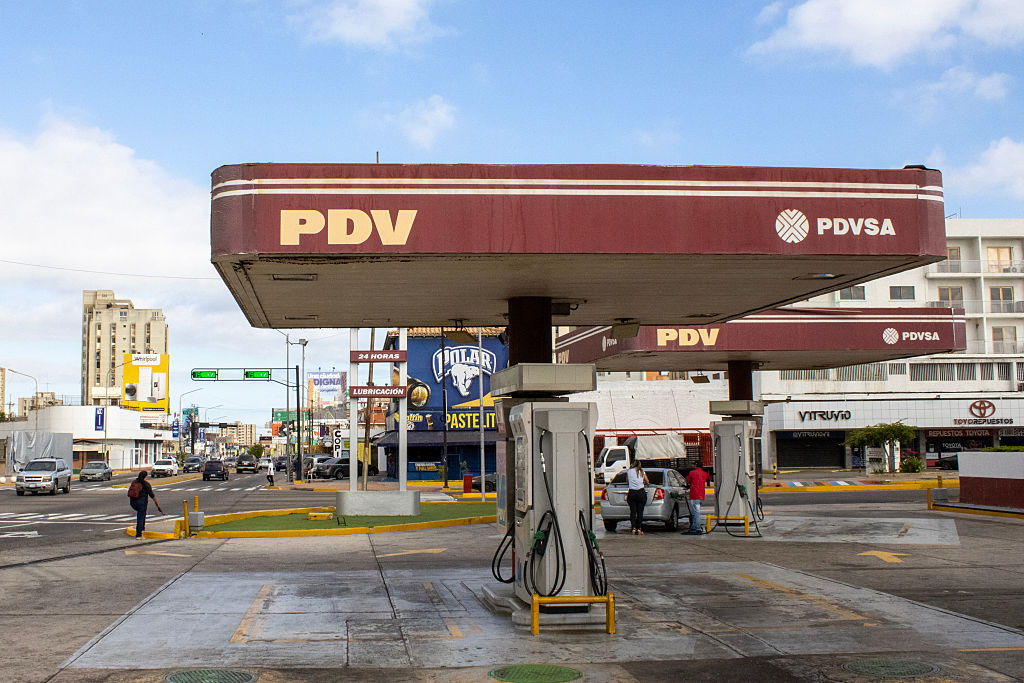Global media attention for the drawn-out White House race eclipsed news of the election cycle in Spain, where the struggle to win the March 9 election was also highly contentious. Two days before the ruling party Socialist Workers’ Party gained victory, campaigning was cut short due to the murder of a former politician from the ruling Spanish. The crime was blamed on Basque separatist group Eta and raised the specter of the Madrid train bombing that occurred days before the 2004 presidential election. Prior to the assassination, opposition leader Mariano Rajoy of the conservative Popular Party (PP) attempted to chip into Prime Minister Jose Luis Rodriguez Zapatero’s lead in the polls by attacking his rival on issues including immigration and the country’s flagging economy.
After more than a decade on the rise, some forecasters predict that Spain’s economic growth could fall below 2 percent this year. Job losses hit 53,000 in February and the number of people unemployed over the past year increasing by nearly a quarter of a million. Despite evidence that immigration helped fuel Spain’s economic growth, Rajoy proposed obliging immigrants to sign an “integration contract” that would, amongst other requirements, compel immigrants to return to their home countries if they cannot secure work within a specific period of time. Zapatero’s government, in turn, announced intentions to apportion $29.6 million for social programs to foster immigrant integration in 2008.
Although tough policy talk is thought to be directed at African immigrants, restrictions on immigration would also affect Latin Americans living in the country, who make up one third of Spain’s immigrant population. In 2006, the number of Latin American immigrants living legally in Spain reached almost 1.1 million. Most are South American, with roughly 380,000 Ecuadorians and 225,000 Colombians constituting the two largest Latin American immigrant populations, followed by Peruvians and Argentines. Latin Americans in Spain send roughly 15 percent of their annual income to families in sending countries; remittances to Latin America reached more than $5 million in the year leading up to June 2007, according to the Inter-American Development Bank.
Despite Spain’s domestic economic slowdown, the country’s multinational corporations have benefited from Latin American investments, even as certain South American countries moved toward nationalizations that affected Spanish holdings. In 2007, Zapatero engaged directly Ecuador’s President Rafael Correa to renegotiate contract terms for Repsol’s holdings in Ecuador. Repsol YPF recently announced a record net income of $4,899 million for 2007, with the bulk of its ventures in Latin America and the Caribbean. The country holds a 25 percent stake in Brazil’s recently discovered Tupi oil field, a 28 percent holding in the Genghis Khan oil field in the Gulf of Mexico, and hefty ventures in Colombian fields. Another Spanish giant, Telefónica of Spain, also posted (PDF) 43 percent in net profit for 2007 with 218 million customers worldwide—more than half of whom reside in Latin America.
Although winner Zapatero has had warmer ties with left-leaning Latin American leaders than his predecessor from the PP, the relationship has not been without its bumps. Madrid roiled Washington when Zapatero's government participated in a major arms deal with Caracas in 2005. However, in November 2007, Zapatero and Venezuelan President Hugo Chávez engaged in verbal sparring during the Ibero-American Summit.
Updated March 10, 2008.








